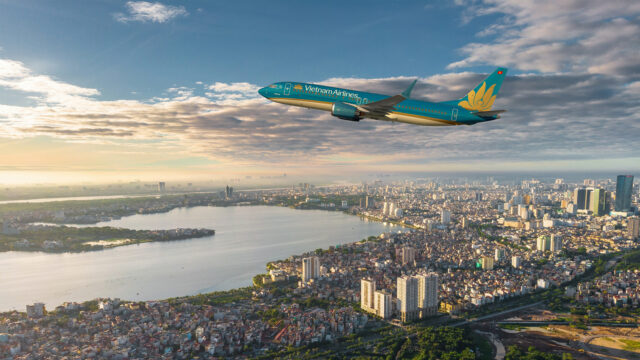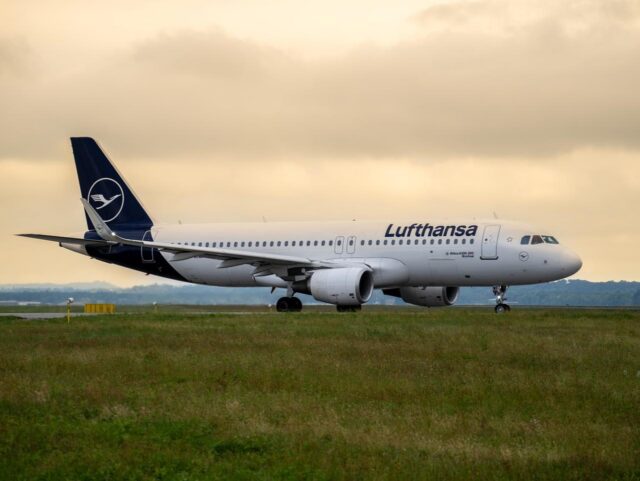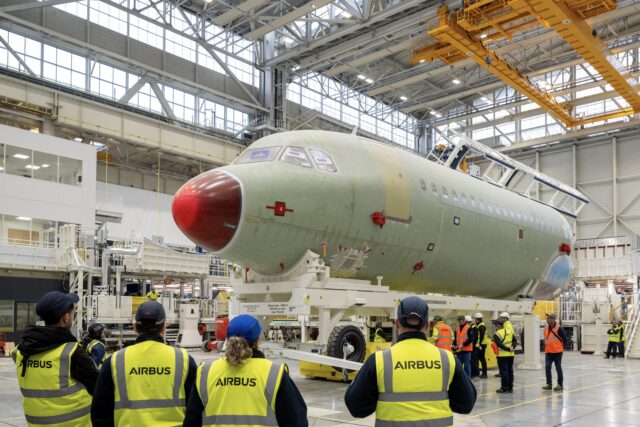US appeals court will reconsider arguments on Biden-era airline ‘Junk Fee’ rule

October 3, 2025

As reported by Reuters, a federal appeals court will rehear the arguments between the US Department of Transportation and Airlines for America regarding a rule to ensure airline ancillary fee transparency.
Fifth Circuit to rehear case on ancillary fee transparency
On October 2, the Fifth U.S. Circuit Court of Appeals in New Orleans said all 17 active judges will reconsider an earlier panel’s decision that partially upheld the U.S. Department of Transportation’s (DOT) authority to require upfront disclosure of airline fees but found procedural flaws.

The USDOT finalised the rule in April 2024, during the Biden administration. It requires airlines and ticket agents to display charges for ancillary services upfront, including baggage, seat assignments, and any changes to the reservation. The USDOT intended the regulation to eliminate what it described as “surprise airline junk fees,” ensuring that passengers know the total cost of travel before booking.
“This will help consumers avoid unneeded or unexpected fees that can quickly increase and add significant cost to what may, at first, look like a less expensive ticket. In total, thanks to this final rule, consumers are expected to save over $500 million annually that they are currently overpaying in hidden airline fees,” the agency stated in its announcement of the rule.
Airlines challenge USDOT authority and methodology
Airlines for America (A4A), the trade group representing major carriers including American, Delta, United, Alaska and JetBlue, challenged the regulation, arguing that the USDOT exceeded its statutory authority.
In court documents, A4A contends that 49 U.S.C. § 41712 empowers the department to investigate unfair or deceptive practices on a case-by-case basis, but does not authorise broad prescriptive rulemaking of this scope.

The airlines also accused the USDOT of relying on flawed economic studies and failing to allow public comment, calling the rule “arbitrary and capricious.” In their petition for rehearing, the carriers warned that the mandate would “upend the way airlines interact with their customers, at great cost, and with no demonstrated benefit.”
A4A has separately stated that its member airlines—“fierce competitors”—already meet or exceed DOT requirements for consumer protection and transparency.
Earlier panel ruling on airline ‘junk fees’ and USDOT’s defence
A three-judge panel of the Fifth Circuit affirmed the USDOT’s authority to regulate ancillary fee disclosures in January 2025.
They agreed that hidden costs may mislead consumers. The panel, however, also criticised the USDOT for not allowing comments on the economic study it used to justify the rule. Instead of vacating the rule, the panel remanded the matter to the agency for further proceedings.

The USDOT has consistently defended its approach. In a June 2024 letter to A4A, the department refused to stay the rule, saying that further delay would harm the public interest.
The department also cited its statutory interpretation under § 41712 and pointed to the final rule text, which directly addresses airline objections and emphasises that transparent pricing is necessary for fair competition.
Biden-era airline consumer protections collapse under Trump
The full Fifth Circuit will now reconsider whether USDOT acted within its authority. If the court reverses the panel, it could strike down the rule, weakening USDOT’s consumer protections. If the court upholds the decision, the USDOT could re-issue or enforce the regulation once it addresses procedural issues. The judges’ decision could shape airline pricing transparency and also the broader scope of federal oversight in the aviation industry.

But the USDOT has changed its focus under Trump. The agency recently reversed its position on a proposed rule by the Biden administration, which would require airlines to compensate passengers for delays and cancellations. Reuters also recently reported that the USDOT will not enforce the regulations established under the Biden administration that provided protections for airline passengers who rely on wheelchairs.
For now, the fee rule remains on hold under a stay issued in July 2024. Passengers booking flights will continue to see fees disclosed at varying points in the booking process until the court resolves the matter — and potentially until the case reaches the U.S. Supreme Court. However, it’s possible that under the Trump administration, the junk fee case may not get that far.
















